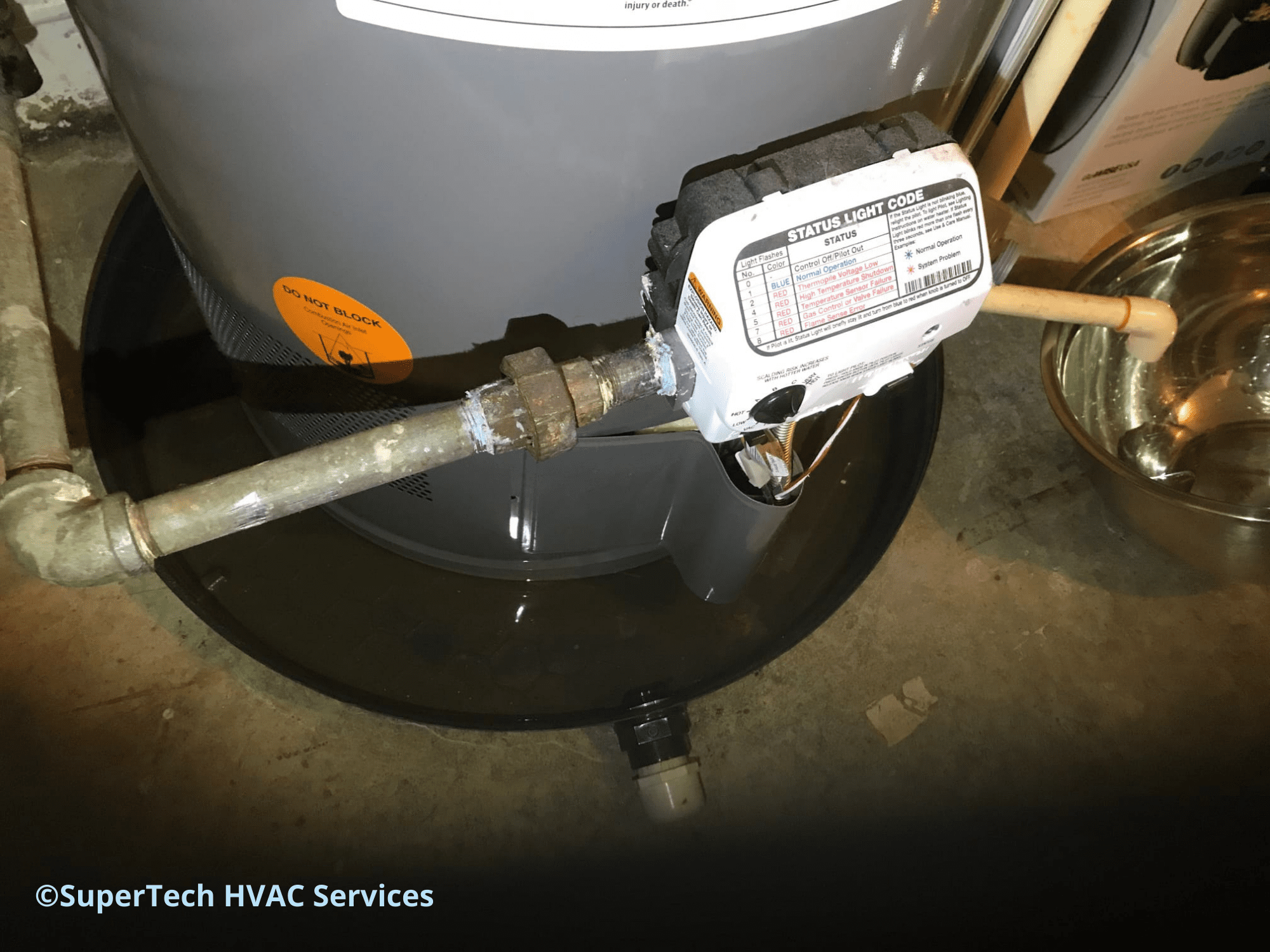Just about every person maintains their unique piece of advice in relation to Common Problems with Tank Water Heaters.

Visualize starting your day without your routine warm shower. That already sets an inadequate tone for the remainder of your day.
Every house requires a reliable hot water heater, but only a few know how to manage one. One simple method to maintain your water heater in leading shape is to look for mistakes on a regular basis and also repair them as quickly as they show up.
Remember to shut off your water heater before sniffing about for faults. These are the water heater faults you are most likely to encounter.
Water also warm or too cold
Every hot water heater has a thermostat that establishes exactly how hot the water gets. If the water entering into your house is too warm despite establishing a practical optimum temperature, your thermostat may be damaged.
On the other hand, too cold water may result from a failed thermostat, a broken circuit, or improper gas flow. As an example, if you utilize a gas water heater with a damaged pilot light, you would get cold water, even if the thermostat is in ideal problem. For electrical heating units, a blown fuse may be the culprit.
Insufficient hot water
Hot water heater can be found in lots of dimensions, depending upon your hot water demands. If you lack warm water before everyone has actually had a bath, your water heater is also little for your family size. You ought to think about installing a bigger hot water heater tank or going with a tankless water heater, which uses up less room and is more durable.
Weird sounds
There are at least 5 kinds of noises you can hear from a hot water heater, however the most usual interpretation is that it's time for the water heater to retire.
First of all, you ought to know with the normal seems a hot water heater makes. An electrical heating system might appear different from a gas-powered one.
Standing out or banging sounds generally suggest there is a slab of debris in your containers, and also it's time to clean it out. On the other hand, whistling or hissing audios may simply be your valves letting some pressure off.
Water leakages
Leaks could originate from pipes, water links, valves, or in the worst-case circumstance, the storage tank itself. Gradually, water will certainly wear away the tank, and locate its escape. If this occurs, you require to replace your hot water heater immediately.
Nevertheless, prior to your adjustment your entire tank, make sure that all pipelines remain in place and that each valve functions flawlessly. If you still require help identifying a leak, call your plumber.
Rust-colored water
Rust-colored water indicates among your hot water heater parts is worn away. Maybe the anode pole, or the tank itself. Your plumber will be able to identify which it is.
Lukewarm water
Regardless of exactly how high you set the thermostat, you won't get any hot water out of a heating system well past its prime. A water heater's performance may decrease with time.
You will additionally obtain warm water if your pipes have a cross connection. This means that when you activate a faucet, warm water from the heating system moves in along with routine, cold water. A cross connection is easy to place. If your warm water faucets still pursue shutting the water heater shutoffs, you have a cross connection.
Discoloured Water
Corrosion is a major cause of filthy or discoloured water. Deterioration within the water tank or a falling short anode rod can cause this discolouration. The anode pole protects the storage tank from rusting on the within and must be examined annual. Without a pole or an appropriately operating anode rod, the hot water swiftly wears away inside the tank. Call a specialist water heater professional to identify if replacing the anode rod will take care of the issue; otherwise, replace your water heater.
Conclusion
Ideally, your water heater can last 10 years before you need a change. However, after the 10-year mark, you may experience any of these faults more on a regular basis. Now, you must add a new water heater to your spending plan.
How To Troubleshoot 3 Common Water Heater Problems in Twin Cities
The Water Heater Is Leaking
- A leaky cold water inlet valve
- A loose pipe fitting
- A leaky temperature and pressure relief valve
- A corroded anode rod
- A cracked tank
Turn Off Your Water Heater:
- Shut off your gas water heater by turning the gas valve on the unit to the “OFF” position.
- Shut off your electric water by switching its power off at your electrical panel. Look for a two-pole breaker labeled “water heater” and turn it to the “OFF” position. Move the ball valve connected to the water heater to be perpendicular to the piping at a 90° angle.
Look for the Leak:
Depending on whether the water is coming from the tank's top or bottom, you’ll want to look for the leak in different locations.
If the leak comes from the top of the tank, carefully look for water escaping from the cold water inlet valve or loose pipe fittings. Rusted hot and cold water valves can have loose connections with the tank, with water leaking out of them.
https://mspplumbingheatingair.com/blog/how-to-troubleshoot-3-common-water-heater-problems
I came across that article on Water Heater Repair and Troubleshooting while doing a search on the search engines. Don't hesitate to take the time to share this article if you appreciated it. Thank you for going through it.
Tap problems? Expert assistance available.
Comments on “Identifying Standard Heater Issues”